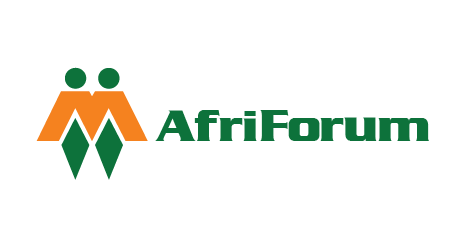According to Netwerk 24 and other media, the University of Pretoria (UP) believes that AfriForum’s comments on the university’s language policy amount to an erroneous impression. According to reports, the spokesperson of this university argues that the UP promotes multilingualism and social cohesion on campus by following a unilingual English policy on all levels of communication (from administrative to the only language of instruction for 2019’s first years).
AfriForum finds it worrisome that the university, notwithstanding many international research projects and expert opinions, still does not understand that unilingual education in fact undermines social cohesion and increases the potential for conflict and student non-performance. It is also clear that the university’s management does not understand the term “multilingualism”. If students on campus, in lecture rooms and even in student accommodation only uses one language – namely the colonial language English – it amounts to unilingualism, not multilingualism, because there is no room for more languages in the formal university environment.
According to Alana Bailey, Deputy CEO of AfriForum responsible for language affairs, the UP likes to quote how the number of Afrikaans native speakers at the UP has decreased in recent years. “The UP should for a change state how many students are English native speakers, compared to other native language speakers who now have to be educated in their second, third or even fourth spoken language.”
“Neither AfriForum, nor AfriForum Youth has ever asked that Afrikaans be the only language of instruction at the UP; on the contrary, we suggested a choice of three languages, which included English,” Bailey adds. “In this way, cohesion would be promoted, as the dignity of native speakers of more than one language would be acknowledged. The languages themselves would be developed. In a recent ruling, the Italian Constitutional Court found that the moral duty lies with universities to protect, preserve and develop their respective countries’ irreplaceable cultural treasures – namely its native languages – by using these as the primary mediums of education. The UP does not refer to any plan in future to promote any other language to the status as English; it therefore has no commitment to mother-tongue education.
According to Ohann Fourie, AfriForum Youth’s National Coordinator for Campuses, the university’s undertaking to 2018’s first-years – that lectures, tutorials, study guides and assessment material (such as examination papers and assignments) would still be provided in Afrikaans for courses that were offered in Afrikaans at time of registration – no longer holds water. “AfriForum received a number of complaints from students who already in 2018 did not receive these services. He university simply dodges its undertakings with excuses that these lecturers cannot speak Afrikaans, for example. These students are then left to their own devices.”
AfriForum and AfriForum Youth is willing to continue discussions with the university to at least find solutions for these problems, but also to once again bring the meaning and importance of multilingualism and mother-tongue education to their attention.

